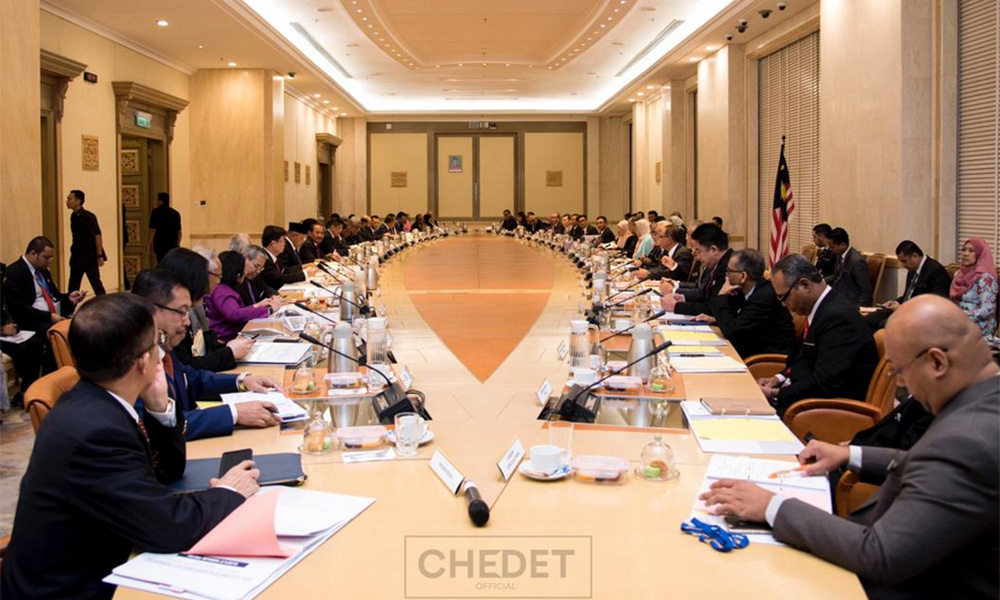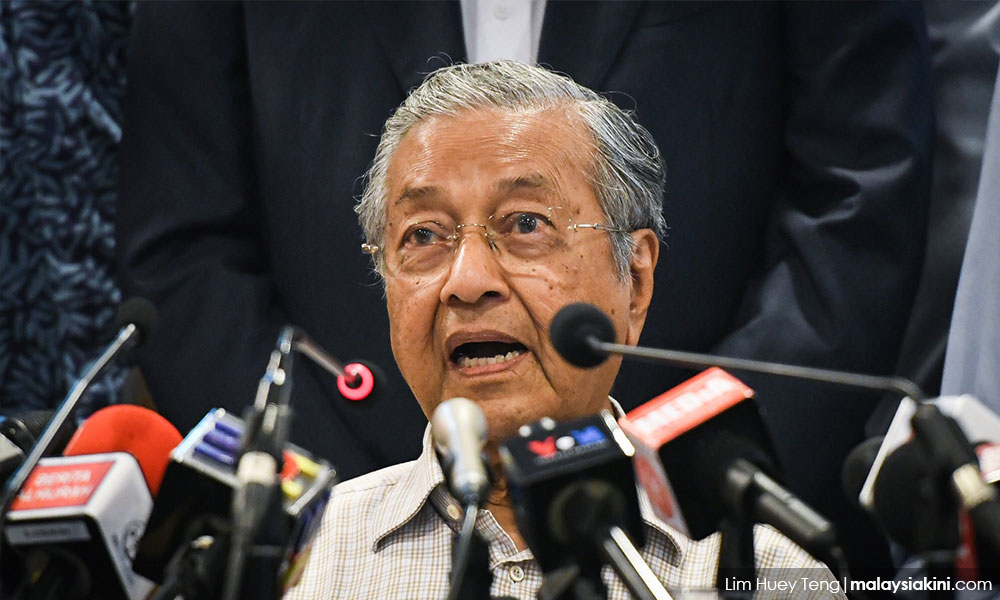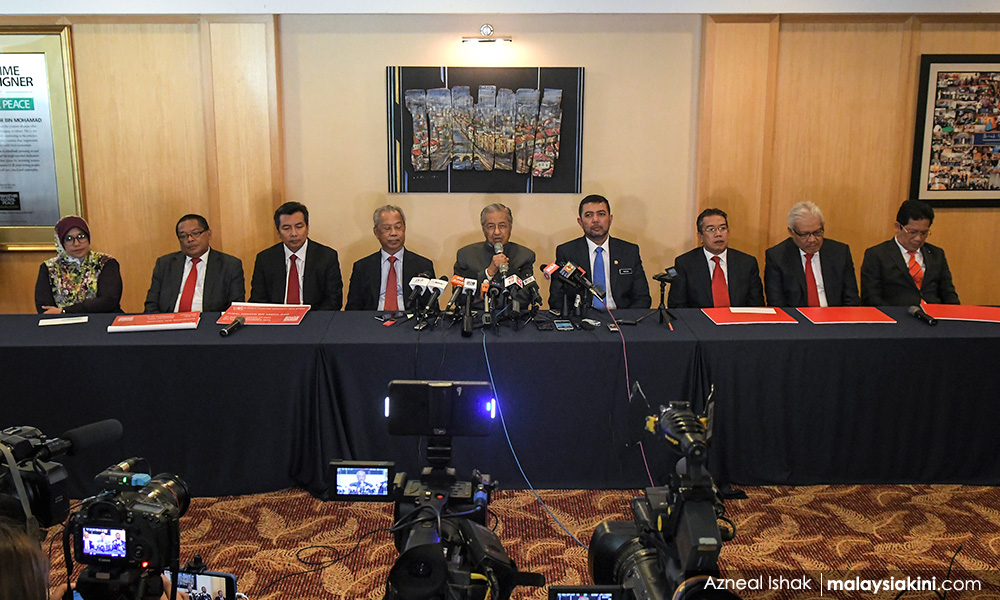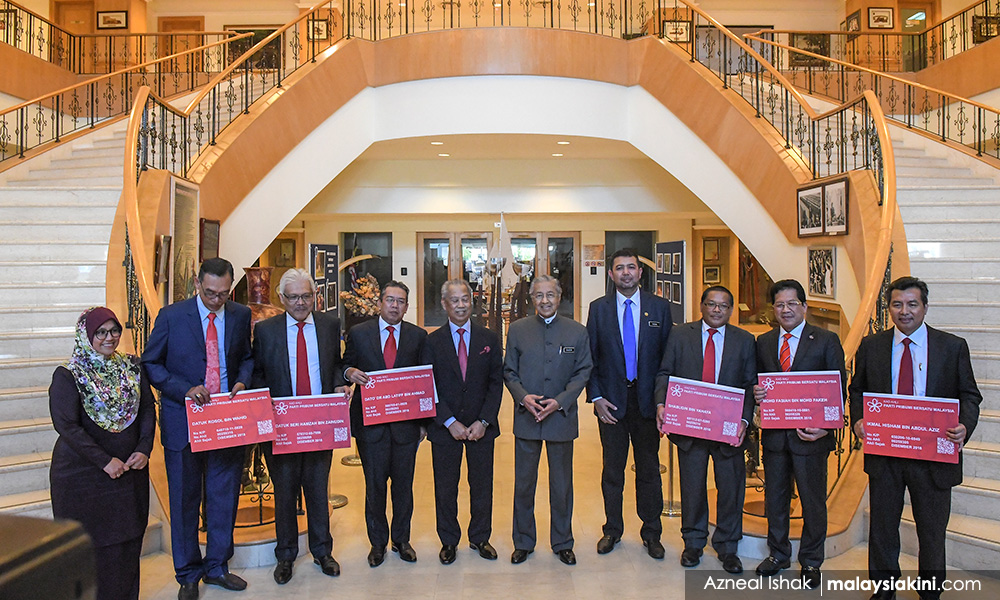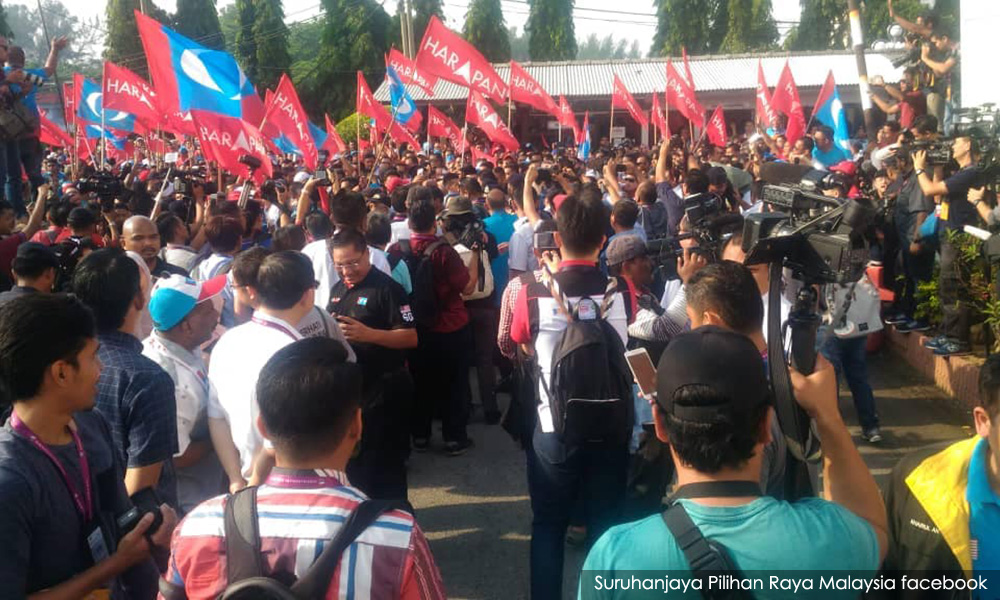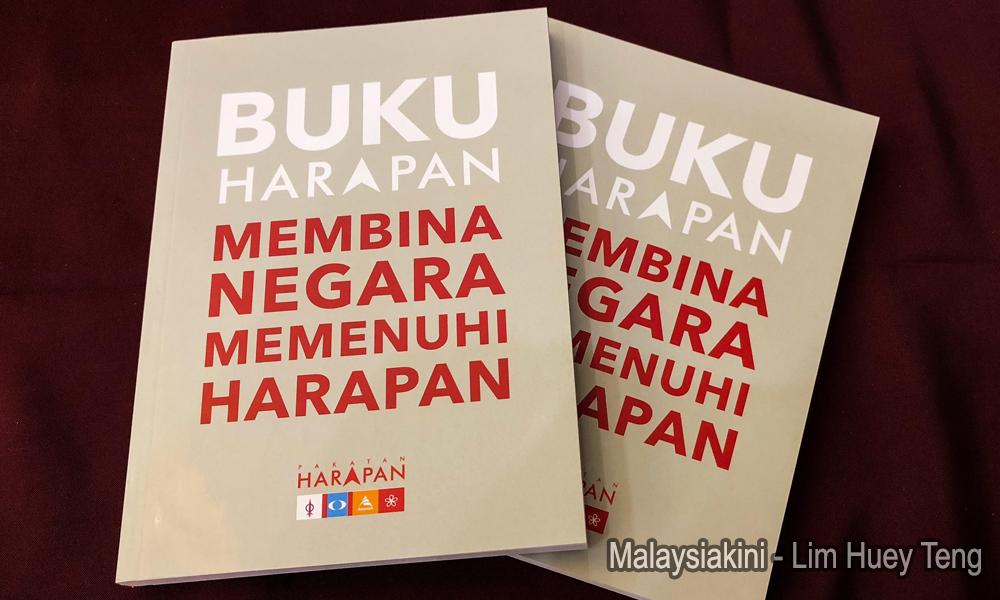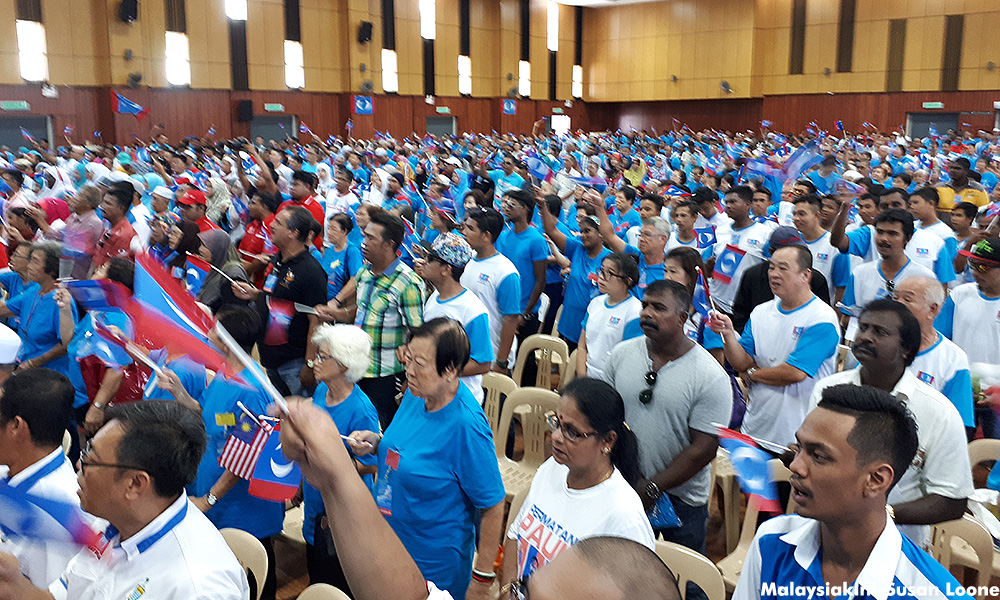February 23, 2019
Sam Rainsy’s moral dilemma

As Sam Rainsy vacillates between returning or not returning to Cambodia, one thing is certain – his integrity and reputation as head of the now-dissolved leading opposition party seem to be in tatters, argues Kimkong Heng.
Sam Rainsy, acting president of the court-dissolved Cambodia National Rescue Party (CNRP), is facing a dilemma over his possible return to Cambodia. Living in self-imposed exile in France since 2016, he pledged to make a momentous return to Cambodia in 2019 to fight for real change and democracy.
He has appealed all Cambodians to rise up and join him as he prepares for his return to stand up against Prime Minister Hun Sen and to end what he perceives as Cambodia’s democratic backsliding. Sam Rainsy’s repeated calls for the military to disobey orders and for the Cambodian people to rise up to remove the elected prime minister from power have been condemned by the Cambodian government, many ordinary Cambodians, and senior members of the Cambodian People’s Party (CPP) led by Prime Minister Hun Sen. They see Sam Rainsy’s incitement as a threat to Cambodia’s peace and stability.
Recent rumours about Sam Rainsy’s return seem to have permeated Cambodian society. Many news reports and analyses have continuously appeared. While Sam Rainsy has again and again vowed to return to the Kingdom sometime in 2019, the CPP-led government has responded by implying that everything is ready for Sam Rainsy – the authorities are ready to arrest him and put him in prison for his convictions on defamation and other charges.
Sam Rainsy has even challenged dared Prime Minister Hun Sen to a bet over the likelihood of the release of Kem Sokha, former CNRP president who was arrested in 2017 on charges of treason and is currently under house arrest while awaiting trial. Both, Sam Rainsy and Hun Sen, agreed to the terms of their political wager. If Sam Rainsy loses, he would return to Cambodia to face imprisonment and if he wins, Prime Minister Hun Sen agreed to step down from power. Based on the current political development, Sam Rainsy is certain to lose; however, rather ironically, it is also certain that Sam Rainsy will not stick to the terms of the wager, one of his promises that he has repeatedly and expectedly broken.
Sam Rainsy’s integrity is now deteriorating, while he is also facing a moral and political dilemma. He vowed to return to Cambodia amid mounting international pressure on the Cambodian government. He might have seen this as the best time for him to make the pledge to return and resume his political career. However, he has recently said in a video interview with Radio Free Asia that he would only return at a favourable time. His change of mind clearly further undermines his already compromised integrity.
Sam Rainsy was dubbed as an “irresponsible politician” and “the people’s worst threat” in a recent opinion article by Thomas Fowler in the Khmer Times. The author claimed that Sam Rainsy’s political record was “twenty years of vain attempts to inflict pain on Cambodians. To date, he has had zero success and it has all been just hot air.” The article also castigated Sam Rainsy for being a racist and ultranationalist demagogue. The CNRP’s acting president was also described as a “nation destroyer” by Hun Manet, the deputy commander of the Royal Cambodian Armed Forces (RCAF) and the eldest son of Prime Minister Hun Sen.
Late last month, political analyst Lao Mong Hay predicted that Sam Rainsy would face three scenarios if ever returned to Cambodia. He would either be jailed, beaten or killed. However, Kin Phea, the director-general of the International Relations Institute of the Royal Academy of Cambodia, denied the last two scenarios claiming that the predicted beating and killing of Sam Rainsy were possible only by the act of a “third hand” or perhaps by “a foreign power that does it to turn the situation chaotic in Cambodia in order to achieve their political agendas”.
The predictions now appears to be credible, in particular following a leaked audio clip in which Prime Minister Hun Sen was heard calling for measures to weaken Sam Rainsy’s popularity and to dismantle the remaining networks of the opposition. In the leaked audio, the prime minister said that the authorities could use all means at their disposal to eliminate the opposition if there was resistance.
Despite Prime Minister Hun Sen’s order to contain him and exterminate the remaining opposition, Sam Rainsy, defying Hun Sen threats, was once again reported vowing to return to Cambodia. His firm stance on his promised return, nonetheless, quickly altered just a few days later when he said his return would “depend on the situation”, referring to his hope for the Cambodian people or the military to rise up against Mr Hun Sen’s government, a hope that seems to be unrealistic, given a sense of calmness following the 2018 general election. Sam Rainsy may also hope that Western governments, the United States and European Union in particular, will support his return and his calls for change in Cambodia.
Sam Rainsy’s pledge for a 2019 return and his recent decision to set foot in Cambodia at a “favourable time”, not necessarily in 2019, clearly reflect his dilemma. He may be considering between making a return to fight for change in the face of imprisonment and living in exile to continue to call for more pressure on Cambodia from foreign governments but face further deterioration of his political career. Sam Rainsy may believe that 2019 is the most suitable time for his return, given the mounting pressure from the US and EU. He, however, may understand that his return will definitely result in him being arrested and imprisoned, if not worse. In the face of imprisonment, Sam Rainsy may opt for a “no-return” yet, as it is what he has tried to avoid imprisonment for years.
Thus, Sam Rainsy’s latest decision to return at a favourable time can arguably be seen as his rational choice since, before making a real return, he may have decided to wait for more international pressure on the Cambodian government, ideally until the EU completes its procedure to withdraw the Everything But Arms (EBA) trade preferences from Cambodia. Alternatively, Sam Rainsy may wait until he is certain that his return would be supported by a substantial number of Cambodians, particularly those likely to be affected by the consequences of the EBA withdrawal if the suspension of Cambodia’s EBA status becomes the case.
Nevertheless, whatever Sam Rainsy is thinking and deciding, his frequent changes of mind and his promise-breaking streak do harm his integrity and reputation as head of the now-dissolved leading opposition party and render him irresponsible for his speech and actions. Consequently, albeit unwillingly, he is instilling trust issues into his supporters and the general Cambodian public. If he continues to break his promises and act inconsistently as he has done, his speech and actions will soon lose value and his calls will ultimately fall on deaf ears.
Sam Rainsy, as it currently stands, appears to be on the path to becoming a less formidable force than he once was. He is becoming no match for Prime Minister Hun Sen who continues to dominate Cambodian politics and deserves his role as a strong leader of Cambodia and the Kingdom’s peacebuilder, whether one agrees with it or not.
Kimkong Heng is an Australia Awards Scholar and a doctoral candidate at the University of Queensland.













